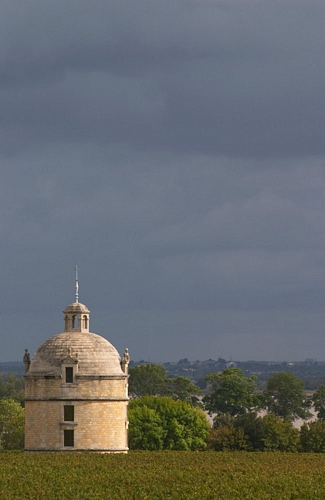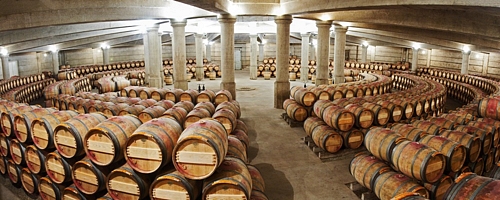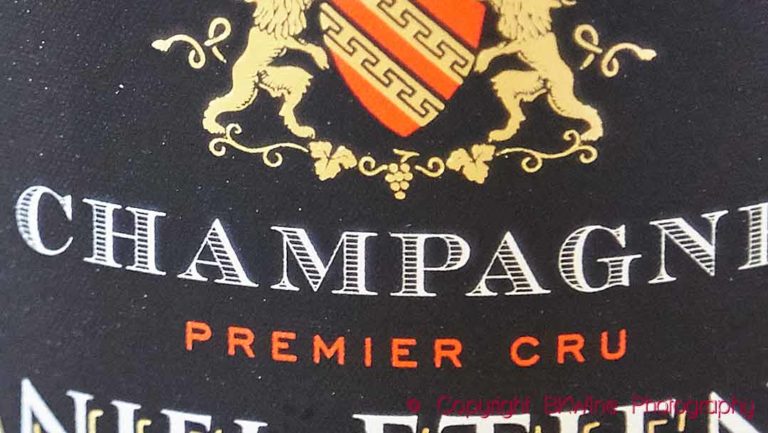Prices for Bordeaux primeurs are mainly going up. Again. Is that a cause for concern? No, we argue.
Most if not all chateau in Bordeaux will have announced their prices for the primeurs 2010 by now although many of the “releases” seems to have been done later than usual. Perhaps that is because they wanted to get more of a feeling for where the market was going? Or perhaps it was a sign of nervousness?

Whatever the background, most prices are on the up. Many producers seem to put a lot of faith in Asia, in particular China, as a buyer. At the same time some merchants on the traditional markets, for example in Europe, has been hesitant to buy at prices that in many cases are close to astronomic. Some have voiced protests, saying prices are too high.
2009 was a very good vintage and prices went up and when a 2010 follows as yet another excellent vintage (which undoubtedly it is) with a continuation of increasing prices some voices are critical. But on the other hand, there is always someone who has a reason to complain.
Here are some examples of the prices of the 2010 Bordeaux primeurs (prices are ex-négociants):
- Chateau Latour: 780 euro (from negociants, €650 from the chateau)
- Chateaux Haut Brion, La Mission, Lafite Rothschild, Mouton Rothschild and Margaux: 600 €
- Chateau Cheval Blanc: 900 € (+21,4%)
- Chateau Ausone: 1140 € (+17%)
- Chateau d’Yquem 420€ (-22%)
- Les Forts de Latour (the 2nd wine): 162€
- Pavillon Rouge, Carruade de Lafite: 108€
- Chateau Leoville Las Cases 192€ (-11%)
- Chateau Pavie: 225€ (+14%)
- Chateau Figeac: 168€ (+5%)
- And so on.
Prices are per bottle from négociants. What you will have to pay as end customer can be expected to be substantially higher. (Prices are from reporting on Decanter.com)
Is it too expensive? Some say that these Bordeaux wines have reached the limit.
Our opinion is that there is not really any reason to complain. There is no “reasonable” price for these wines, no more than a hand bag from Dior has a “fair” price. If they, the wine producers, can sell their wines at these prices then there is no reason why they should not charge it. Yes, it is quite obvious that the top chateau have reaped very good money these last few years. No doubt.

But if there are buyers who are willing to pay then there is no reason to charge any less. Some of you might remember (like we do) the “good old times” when one could occasionally afford perhaps not a premier grand cru classée but at leas a second without burning a catastrophic hole in the wallet. But 250€ for a bottle (as the price is likely to reach once the wine arrives in retail) is a bit too much. So I don’t think we will buy.
But still – for those of us who buy money without our own hard earned cash there is no reason to complain at all, just as little as there is a reason to buy these wines. They are all no doubt outstanding wines. But there are many other wines on the market today, just as good and without the luxury r fashion premium, at prices that are closer to a wine drinker’s reality and quite affordable, for those who value the contents rather than the label. Times change.
Would you agree?









